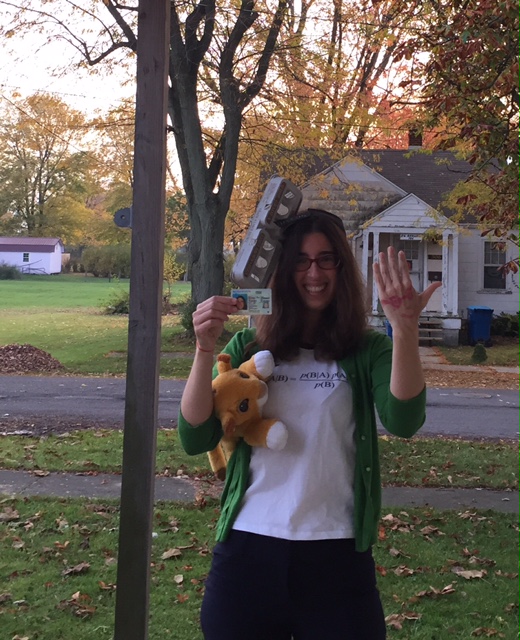Part Two: Offensive Speech Connected with Government Approval
This blog post is the second in a series on Lee v. Tam, a case involving whether the Patent and Trademark Office (PTO) can deny registration to a trademark for the dance-rock band “The Slants.” The first part of this series provided an explanation of trademark registrations and a broad overview of the weighty legal question that the Supreme Court will confront in Lee v. Tam. This second part of the series addresses the difficult issue of how much control the government can constitutionally exercise over speech, especially speech that many find offensive, to which the government extends legal benefits. Later blogs will cover other issues explored by the merits briefs and amicus briefs, questions by the Justices during oral argument, and larger implications for the intersection of free speech rights and government power.
————————————————————————-
The briefs have been filed on the Petitioner PTO’s side in Lee v. Tam, and there are a number of excellent arguments made by the PTO and amici. One of the most intuitively compelling of those arguments, made in the PTO’s brief, is that Congress should be permitted to “create an optional program of federal trademark registration without opening that program to racial slurs and other disparaging marks.” In other words, Congress should be permitted to grant the benefits of trademark registration as part of a government-funded program only to those who do not use racially disparaging trademarks.
Although this is a difficult and nuanced issue, I believe this argument should ultimately be unavailing. Yes, trademark registration is a government benefit, and the government may wish to disassociate itself from offensive trademarks. However, the government cannot constitutionally discriminate on the basis of viewpoint in ways completely unrelated to the purpose of trademark when administering its registration benefits. During a time when many in this country are concerned about authoritarian government control and abridgment of First Amendment freedoms, granting the government the power to regulate speech (even offensive speech) based on a loose government association with the speech will corrode free speech rights in many areas beyond trademark registration.
Continue reading “Lee v. Tam: Offensive Trademarks at the Supreme Court: Speech Rights and Government Prerogative (A Series)” →
